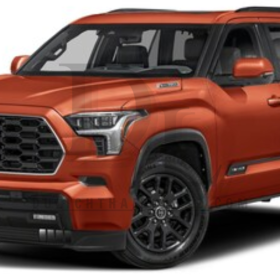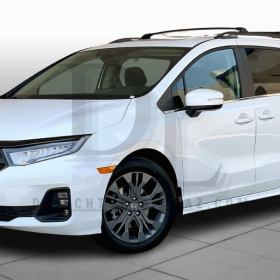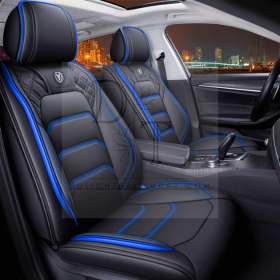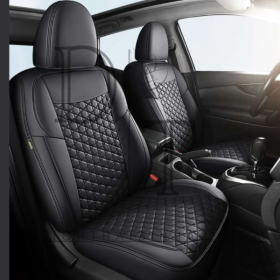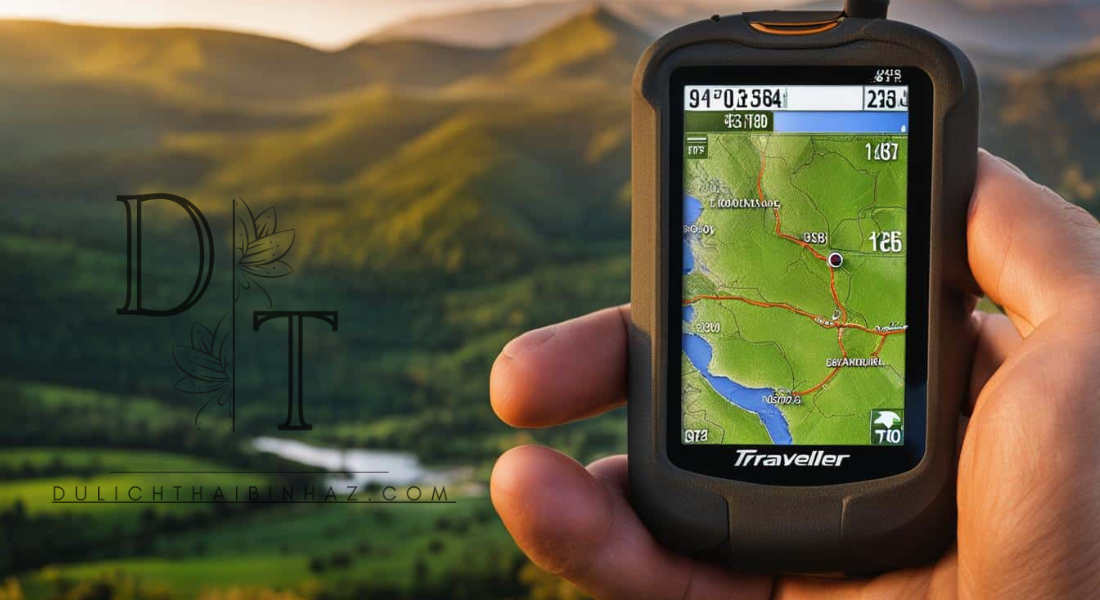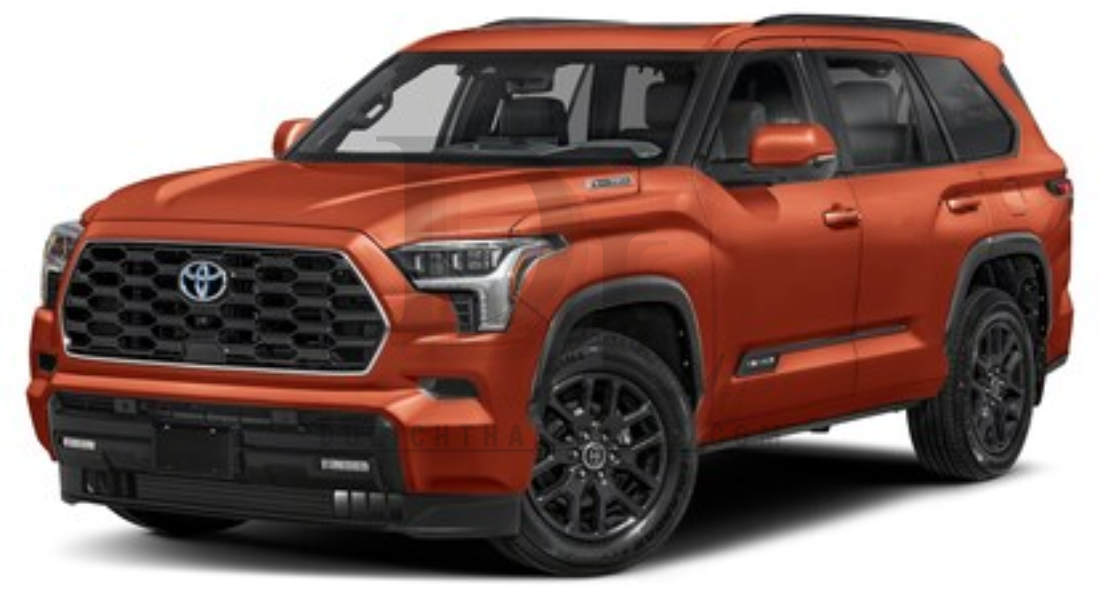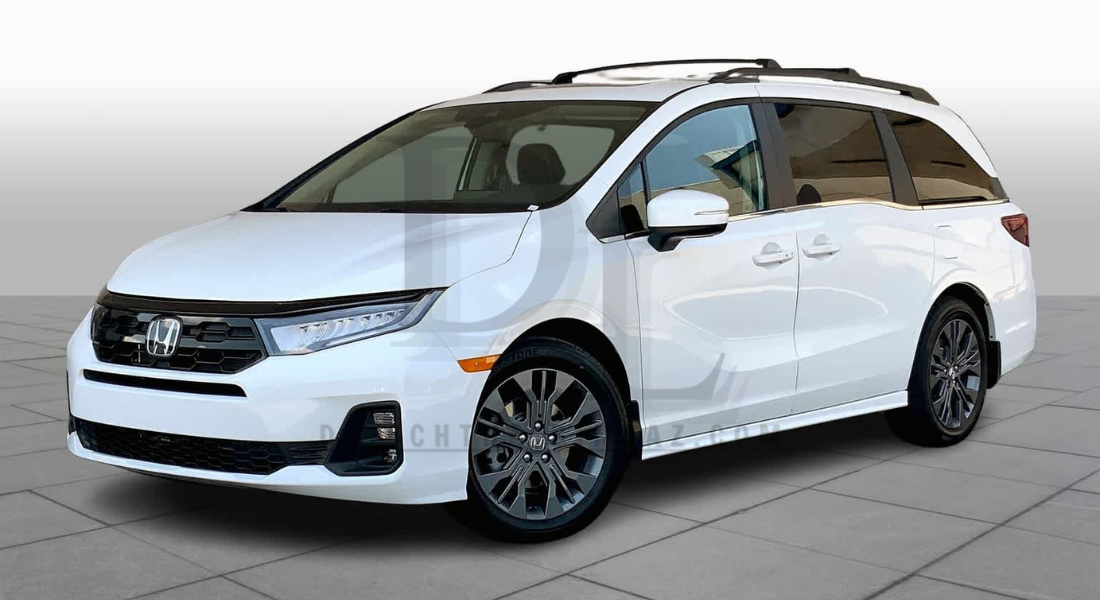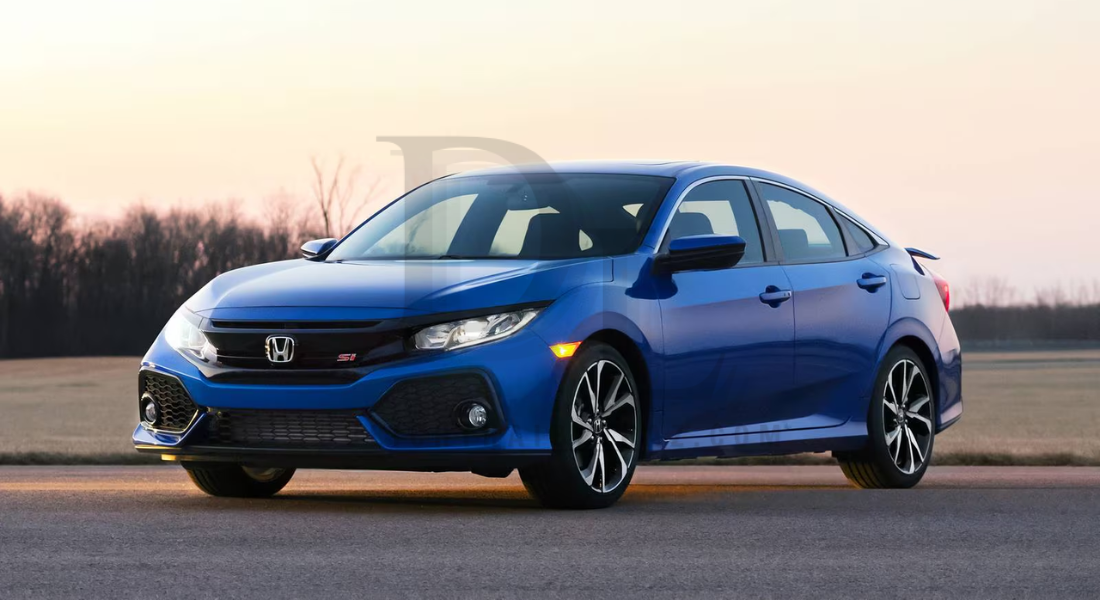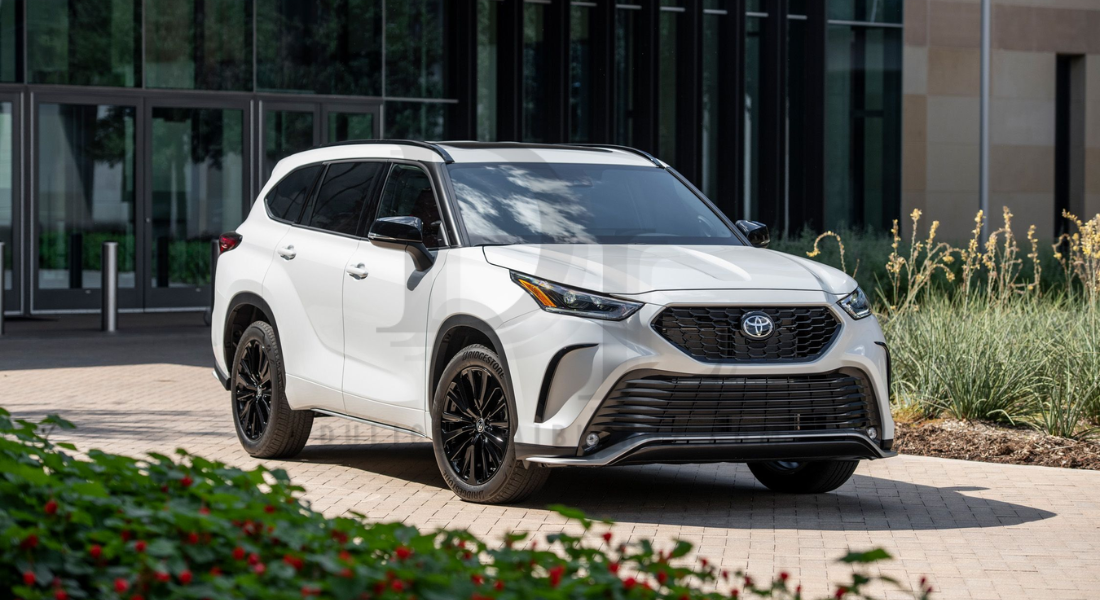In today’s world of adventure and exploration, having a reliable GPS device can make all the difference in ensuring safe and efficient travel. While smartphones often serve as GPS tools, a dedicated compact GPS device can offer unparalleled accuracy, battery life, and specialized features for travelers, especially in areas with limited connectivity. This guide explores the best compact GPS devices for travel, essential features to consider, and tips for making the most of your GPS device on the go.
Key Highlights
- Why Choose a Compact GPS Device? Advantages of a dedicated GPS device over smartphone navigation.
- Top Compact GPS Devices for Travelers: A look at popular models with outstanding travel features.
- Features to Look for in a Travel GPS Device: Important factors such as screen size, battery life, and maps.
- Tips for Using Your GPS Effectively While Traveling: Maximizing your GPS’s performance.
- FAQs: Common questions about GPS devices and their advantages.
1. Why Choose a Compact GPS Device?
While smartphones are convenient, dedicated GPS devices offer several benefits that make them ideal for travel:
- Enhanced Accuracy: GPS devices are designed to maintain strong signals even in remote areas where cell service might fail.
- Long Battery Life: Most GPS devices have longer battery life compared to smartphones, which is essential for extended outdoor trips.
- Rugged and Durable: Many GPS devices are built to withstand tough conditions, with water resistance, shock resistance, and durable casing.
- Offline Navigation: Dedicated GPS devices often come with preloaded maps that don’t require internet access, making them reliable for navigating in remote areas.
- Specialized Features for Travelers: GPS devices often include features such as waypoint marking, altitude tracking, and detailed route planning that enhance the travel experience.
2. Top Compact GPS Devices for Travelers
Here are some of the top compact GPS devices on the market, each offering unique features that make them ideal for travel.
1. Garmin eTrex 32x
- Overview: The Garmin eTrex 32x is compact, user-friendly, and designed for rugged conditions, making it a favorite among travelers and hikers.
- Key Features: Preloaded TopoActive maps, built-in compass, barometric altimeter, and GPS/GLONASS support for enhanced accuracy.
- Pros: Excellent battery life (up to 25 hours), compact design, easy-to-use interface, and durable construction.
- Cons: Small screen size, which may not be ideal for detailed map viewing.
2. Garmin GPSMAP 66i
- Overview: This high-performance GPS device combines navigation with satellite communication, allowing travelers to stay connected even in remote areas.
- Key Features: InReach satellite communication, weather forecasting, preloaded maps, and GPS/GLONASS/Galileo support.
- Pros: Two-way messaging and SOS functionality, large screen, and reliable satellite tracking.
- Cons: Higher price point and heavier than other compact models.
3. Magellan TRX7 CS
- Overview: With a large display and built-in camera, the Magellan TRX7 CS is ideal for those who enjoy road trips and off-roading adventures.
- Key Features: Preloaded USA and Canada maps, off-road tracking, 5-inch display, and camera for geotagging.
- Pros: Clear display, excellent off-road navigation features, and interactive interface.
- Cons: Bulky compared to other compact models and limited battery life for handheld use.
4. Garmin inReach Mini
- Overview: Compact and lightweight, the Garmin inReach Mini offers essential GPS functions and satellite communication in a small package.
- Key Features: Two-way messaging, SOS feature, GPS navigation, and access to maps through the paired Garmin Earthmate app.
- Pros: Ultra-lightweight, portable, and ideal for emergencies in remote areas.
- Cons: Limited display and navigation features; best for travelers needing emergency connectivity.
5. TomTom GO 520
- Overview: Known for road navigation, the TomTom GO 520 provides seamless maps and traffic updates, making it an excellent GPS for road travelers.
- Key Features: Real-time traffic updates, Wi-Fi connectivity for easy map updates, voice-activated control, and hands-free calling.
- Pros: Reliable for road trips, intuitive interface, and clear screen display.
- Cons: Not suited for off-road navigation or remote area use.
3. Features to Look for in a Travel GPS Device
When choosing a GPS device, consider these essential features to ensure it meets your travel needs:
Display and Size
Compact GPS devices typically feature small screens, but make sure the display is clear and easy to read in varying light conditions. A larger screen might be preferable for road trips, while smaller, lightweight devices are ideal for hiking and backpacking.
Battery Life
Choose a GPS device with long battery life, especially if you plan to spend extended time in remote areas. Some devices offer 10-25 hours of battery life, and models with replaceable batteries allow for quick changes during travel.
Map Coverage
Check if the device has preloaded maps for your destination or if additional maps are available. Devices with global maps or the ability to upload new maps are ideal for international travelers.
Satellite Compatibility
Many GPS devices offer multi-satellite support (GPS, GLONASS, Galileo) for better accuracy and quicker signal acquisition. Devices that support multiple satellite networks are especially useful in dense forests or mountainous regions.
Durability and Weather Resistance
Choose a GPS device that is rugged, water-resistant, and built to withstand tough travel conditions. Look for a device with a high IPX rating (e.g., IPX7) to ensure it can handle rain, dust, and drops.
Additional Features
Many GPS devices come with extra features, such as two-way messaging, SOS functionality, and route planning. Features like barometric altimeters and electronic compasses are helpful for hikers and outdoor adventurers.
4. Tips for Using Your GPS Effectively While Traveling
To make the most of your GPS device, follow these tips for accurate navigation and optimal performance:
- Calibrate Your GPS Regularly: Many GPS devices allow calibration for accuracy. Calibrate the compass and altimeter before each trip for best results.
- Download or Update Maps Before Traveling: Ensure you have the latest maps and software updates for your destination to avoid navigation issues.
- Bring Extra Batteries or a Power Bank: For extended trips, bring extra batteries or a power bank to keep your device charged. Solar chargers are also an option for remote areas.
- Use Waypoints and Track Logs: Set waypoints for points of interest and record your path with track logs. These features are helpful if you need to retrace your steps or save locations.
- Monitor Signal Strength: If you’re in an area with poor signal, try moving to an open area with less tree cover or building interference.
Conclusion
Investing in a compact GPS device can make travel safer and more convenient, especially when venturing off the beaten path. Whether you’re on a road trip, hiking through rugged terrain, or exploring international destinations, a reliable GPS will keep you on track. With options like the Garmin eTrex 32x, Garmin inReach Mini, and TomTom GO 520, you can find a GPS device that meets your specific travel needs. Choose a model with the features that matter most to you, and navigate confidently on your next adventure.
FAQ
1. Can I use my GPS device internationally?
Yes, many GPS devices come with global maps or allow you to download additional maps for international travel. Check if your model supports map updates for your destination.
2. Do GPS devices require internet connectivity?
No, most GPS devices work independently of internet connectivity, relying on satellite signals. Some models offer additional online features, such as real-time traffic updates, when Wi-Fi or cellular data is available.
3. How accurate are GPS devices compared to smartphones?
Dedicated GPS devices are often more accurate in remote or densely forested areas due to their enhanced satellite capabilities and strong signal reception.
4. Can I use a GPS device for both driving and hiking?
Yes, many GPS devices are versatile, but check if the model supports both road and off-road navigation. Some devices are optimized for specific uses, so choose accordingly.
5. Are GPS devices waterproof?
Many travel GPS devices are water-resistant or waterproof to varying degrees. Look for an IPX rating to understand the level of water resistance offered by your device.

